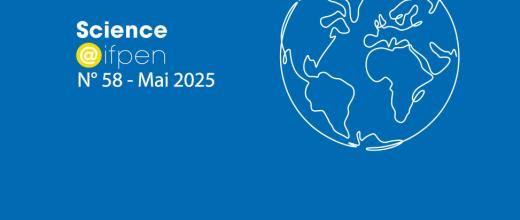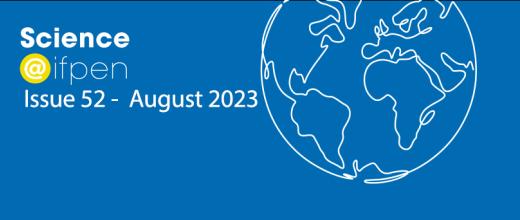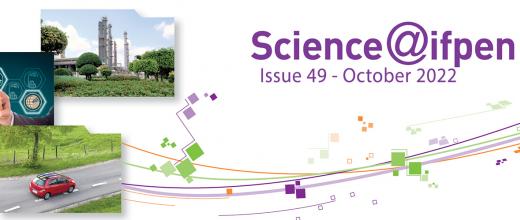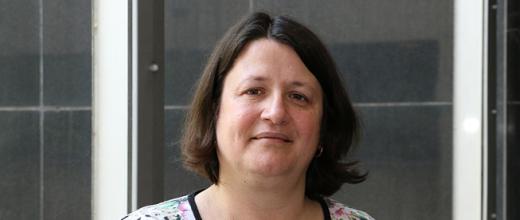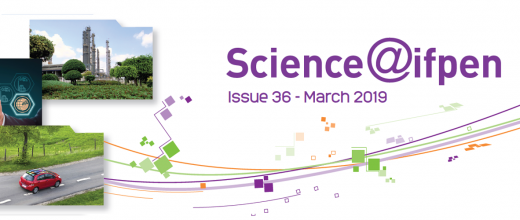Injectivity in geological formations is a well documented factor in fields related to new energies and the climate (geothermal energy, underground CO2 storage, etc.). The clogging of geological formations, a recurrent problem causing injectivity losses, is associated with the fact that reinjected water frequently carries a high concentration of suspended organic and mineral elements, in the form of colloidal particles. To attempt to overcome this clogging, or at the very least minimize it, it is important to have a clear understanding of the mechanisms at work. Such was the aim of this PhD research conducted using a microfluidics approach (Figure 1) combining two visualization techniques: optical imaging and laser-induced fluorescence.
